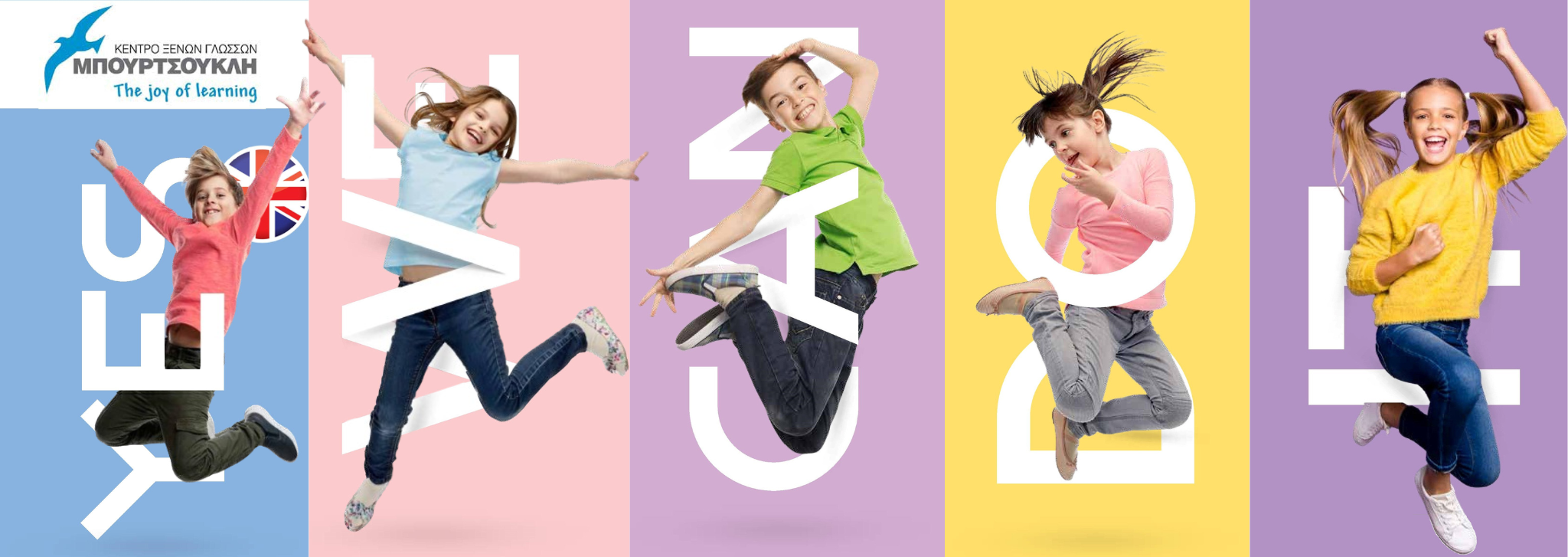Integrate Sustainable Development Goals into your teaching Introduction to SDGs
The Sustainable Development Goals (SDGs) deal with themes that significantly affect people of all ages and diverse living conditions. These themes are better represented as the “3Ps”: People, Planet, and Profit (Gil-Doménéch & Berbegal-Mirabent, 2018), or as the “5 Ps”: People, Planet, Prosperity, Peace, and Partnership.
EFL schools are more than mere institutions for teaching foreign languages. Their curricula can be enhanced by integrating SDGs and practices that enable learners to actively engage in the global community. Currently, planet Earth is faced with potentially severe challenges, and there are no instant solutions to these problems. Teachers play a crucial role in altering mindsets and increasing awareness of these issues instead of ignoring them. Through their teachings and attitudes, they profoundly influence their students’ future attitudes and personalities. As John Dewey stated:
“Perhaps the greatest of all pedagogical fallacies is the notion that a person learns only what he (or she) is studying at the time. Collateral learning in the way of the formation of enduring attitudes may be more important than the lesson in geography or history, for these attitudes are fundamentally what count for the future.”
Course Objectives on Sustainable Development Goals
The primary aim of this course is to familiarise participants with the 17 United Nations Sustainable Development Goals (SDGs) and their application in teaching practices. Integrating these goals into the teaching environment can significantly impact students’ learning and creativity, empowering their adaptability. This integration of language learning, creative thinking, and social responsibility enables participants to relate key issues to their own lives. It also establishes a strong foundation for learners to become responsible global citizens in the future.
Course Learning Outcomes
There are numerous far-reaching benefits that encompass:
Raising awareness of global issues that affect children’s lives regardless of their location empowering children to confidently discuss such issues using language developing critical thinking and problem-solving skills through enquiry-based discussions fostering social skills like listening, turn-taking, sharing ideas, and cooperating with others to carry out activities encouraging positive attitudes such as tolerance and respect for differing views instilling the belief that meeting Global goals is everyone’s responsibility and is more achievable through collaboration providing opportunities for children to generate their own creative ideas, designs, products, and solutions integrating values that promote reflective thinking, responsible choices, and principled behaviour.
Programme
Day 1
- Welcome participants
- Guided tour of the town
- Team-building activities
- Brief introduction to Global Goals
Day 2
- Global Goals: names and objectives
- Exploring connections/themes of Global Goals
- Engaging in creative activities
- Enhancing awareness and comprehension of Global Goals
Day 3
- Embracing sustainable living
- Initial stance on sustainability
- Growth and utilization of resources
- Environmental policies
Day 4
- Embracing digitalization
- Addressing climate change
- Preserving biodiversity
- Economy and sustainability
Day 5
- Poverty eradication
- Investigating causes and impacts
- Role of education in poverty alleviation
- Harnessing creativity through art
Day 6
- Tackling the issue of inequality
- Focus on both material and non-material aspects
- Exploring the positive sides of challenges
- Human rights discussions
Day 7
- Evaluation of the course and its impact
- Cultural excursion
- Certification ceremony
- Farewell dinner/party
NB: The programme might undergo changes based on participants’ preferences and decisions.
We offer diverse programmes on Sustainable Development Goals (SDGs) to cater to participants’ specific demands.
